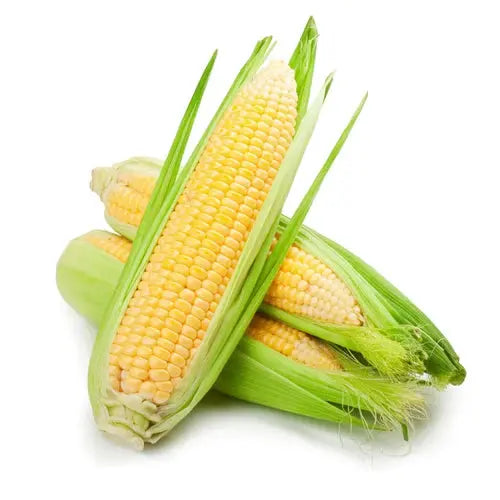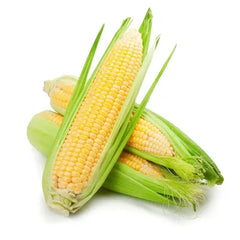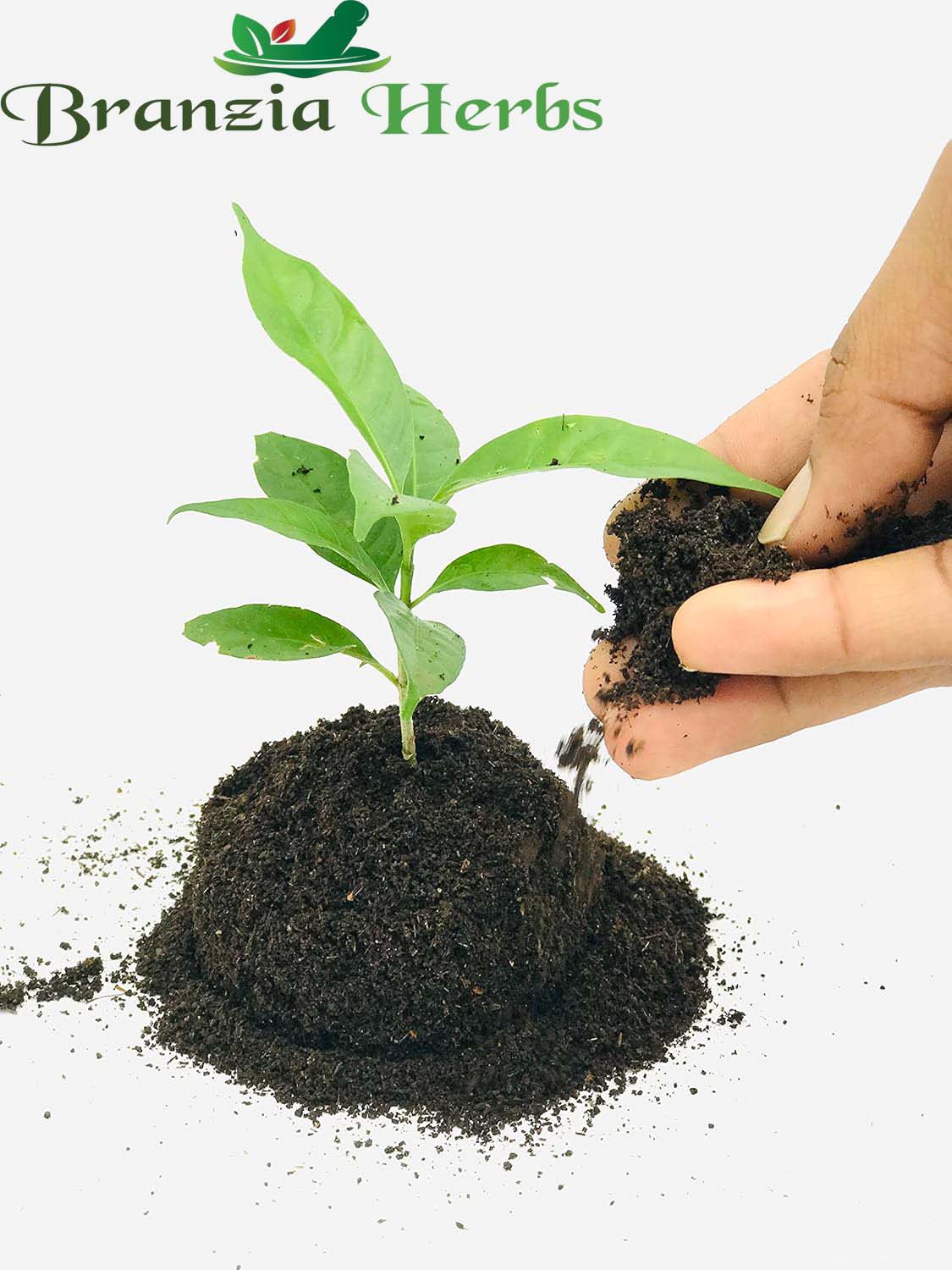Makka Desi Corn, also known as Bhutta in some regions, refers to traditional or indigenous varieties of corn (Zea mays). This type of corn is often grown for its flavorful, hearty kernels and is used in a variety of culinary applications. Here’s a detailed guide on growing and using Makka Desi Corn:
Characteristics of Makka Desi Corn:
- Appearance: Makka Desi Corn typically has robust, thick stalks and can produce ears with kernels that vary in color from yellow to deep orange or red, depending on the variety. The kernels are often more plump and have a rich, natural sweetness compared to some commercial varieties.
- Flavor and Texture: The corn has a distinctive, rich flavor and a chewy texture, which makes it popular for roasting, grilling, or boiling.
Growing Tips:
- Climate: Corn grows best in warm climates with temperatures between 60-85°F (15-30°C). It requires full sun and a growing season of about 70-100 days, depending on the variety.
- Soil: Prefers well-drained, fertile soil with a pH of 6.0 to 7.0. Adding compost or well-rotted manure can enhance soil fertility and support healthy growth.
- Spacing: Sow seeds about 1-2 inches apart in rows, with rows spaced 24-36 inches apart. Corn plants need adequate space to grow and develop properly.
- Watering: Corn requires consistent moisture, especially during the growing season. Keep the soil evenly moist but avoid waterlogging. Regular watering is crucial for healthy ear development.
- Fertilization: Corn is a heavy feeder and benefits from regular fertilization. Use a balanced fertilizer or compost to support growth. Applying nitrogen-rich fertilizer can help promote healthy foliage and ear production.
Uses:
- Fresh Corn: Ears of Makka Desi Corn can be boiled, steamed, or roasted. It’s often enjoyed directly off the cob, with butter and seasonings, or used in various recipes such as corn salads, soups, and casseroles.
- Roasted Corn (Bhutta): A popular preparation in many regions, especially in South Asia. The ears are roasted over open flames or on a grill, giving the corn a smoky flavor.
- Corn Flour: The kernels can be dried and ground into corn flour or cornmeal, used in baking, bread-making, and various other culinary applications.
- Cornmeal: Used in dishes like polenta, cornbread, and other baked goods.
Benefits:
- Nutritional Value: Corn is a good source of carbohydrates, fiber, and essential nutrients such as Vitamin B6, Vitamin C, folate, and potassium. It also provides antioxidants like lutein and zeaxanthin.
- Health Benefits: Known for potential benefits such as supporting digestive health due to its fiber content, providing energy from carbohydrates, and contributing to overall nutritional intake.
Additional Tips:
- Harvesting: Corn is typically ready to harvest when the ears are firm and the kernels are plump. The husks should be green and tightly wrapped around the ears. Test the kernels by pressing them; they should release a milky liquid. Harvest the corn when it reaches the desired maturity.
- Pest Management: Watch for pests such as corn earworms, aphids, and rootworms. Regular inspection and integrated pest management practices can help control these issues.
Makka Desi Corn (Bhutta) is a flavorful and versatile crop that can be enjoyed in various culinary forms. With proper care, you can cultivate a bountiful harvest of this traditional corn variety, adding a rich, natural sweetness to your meals.




